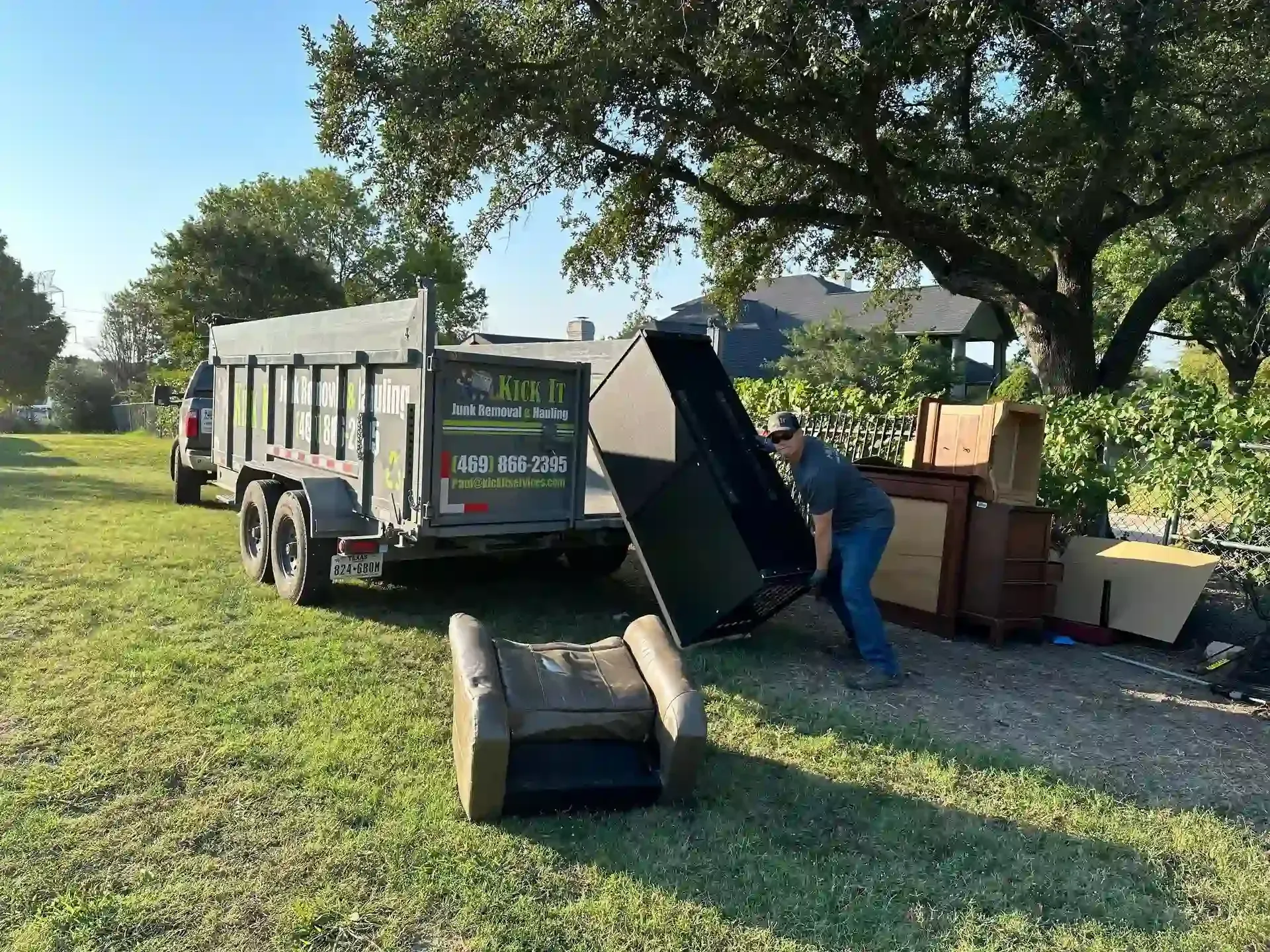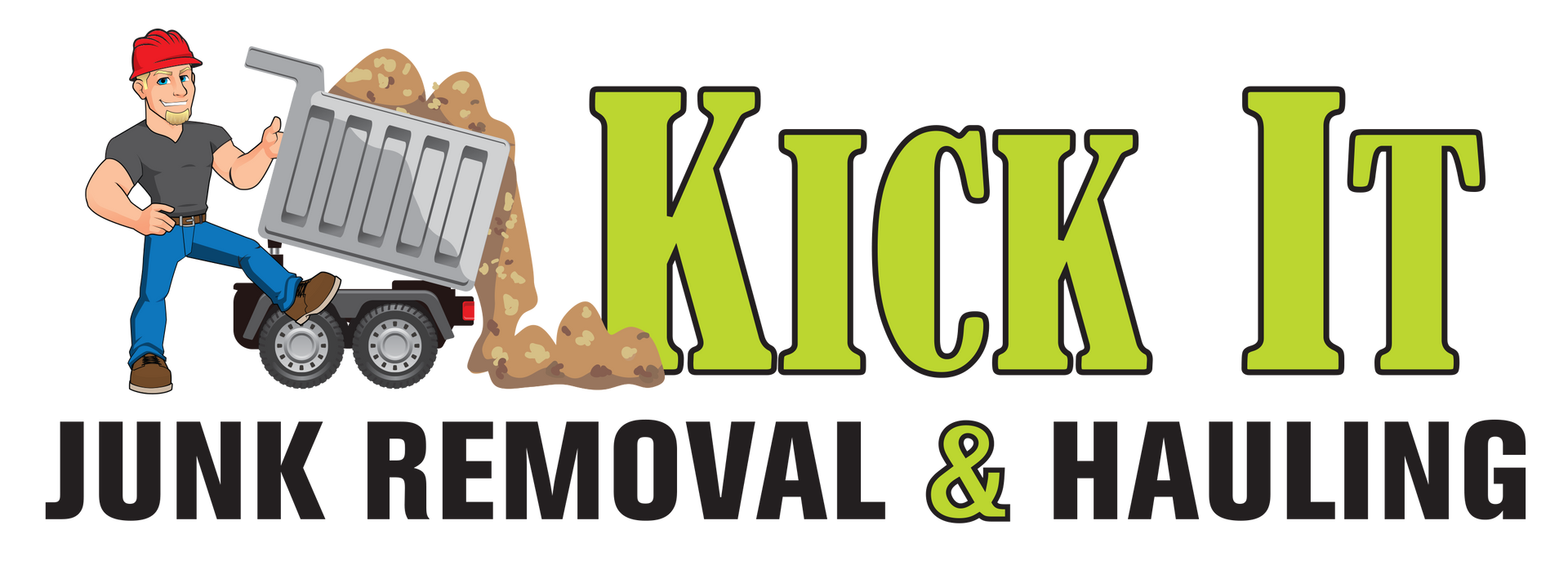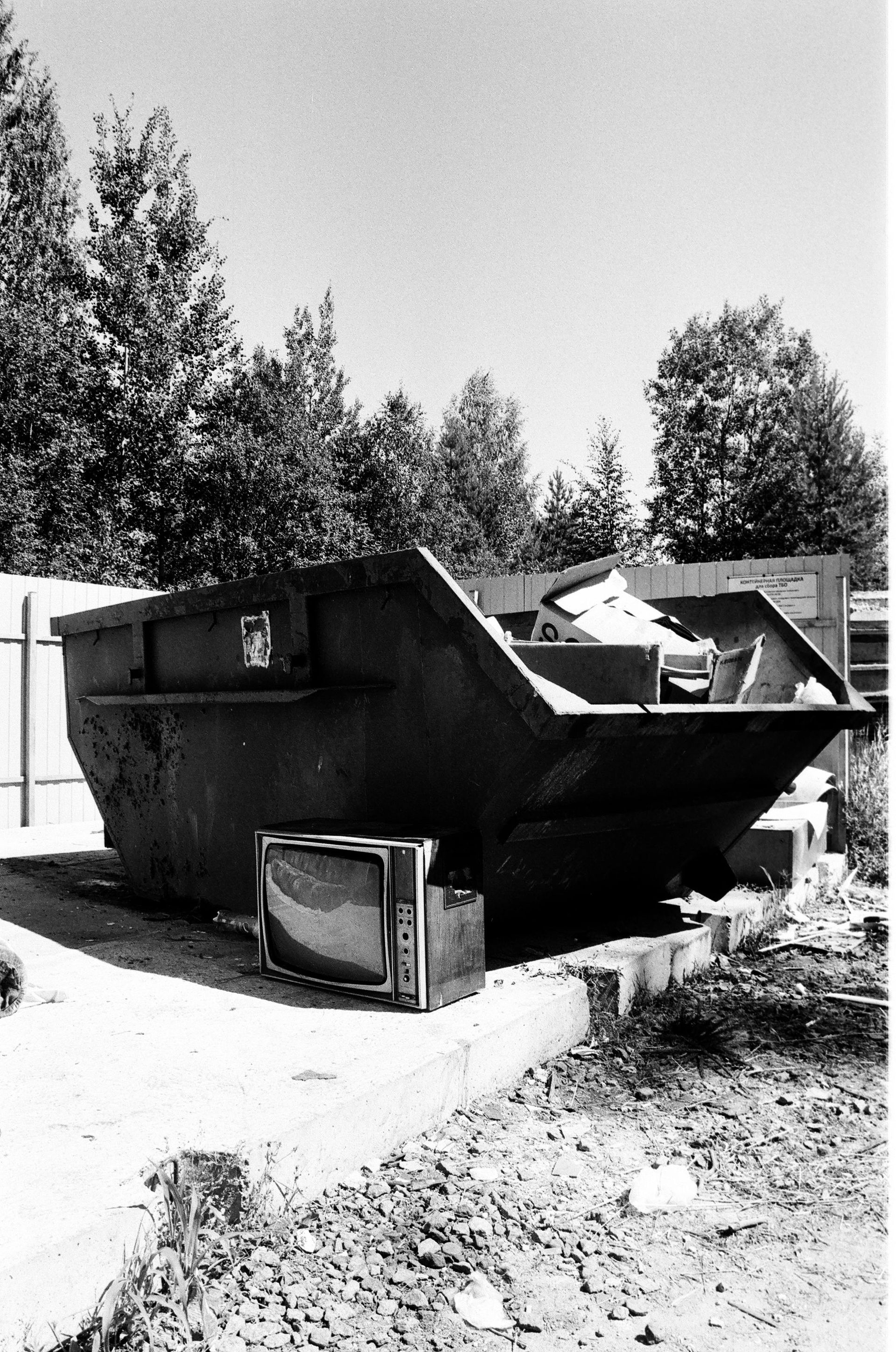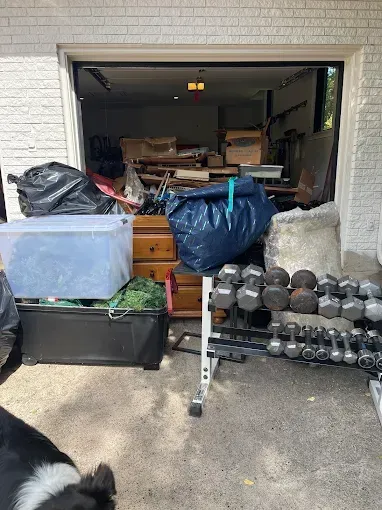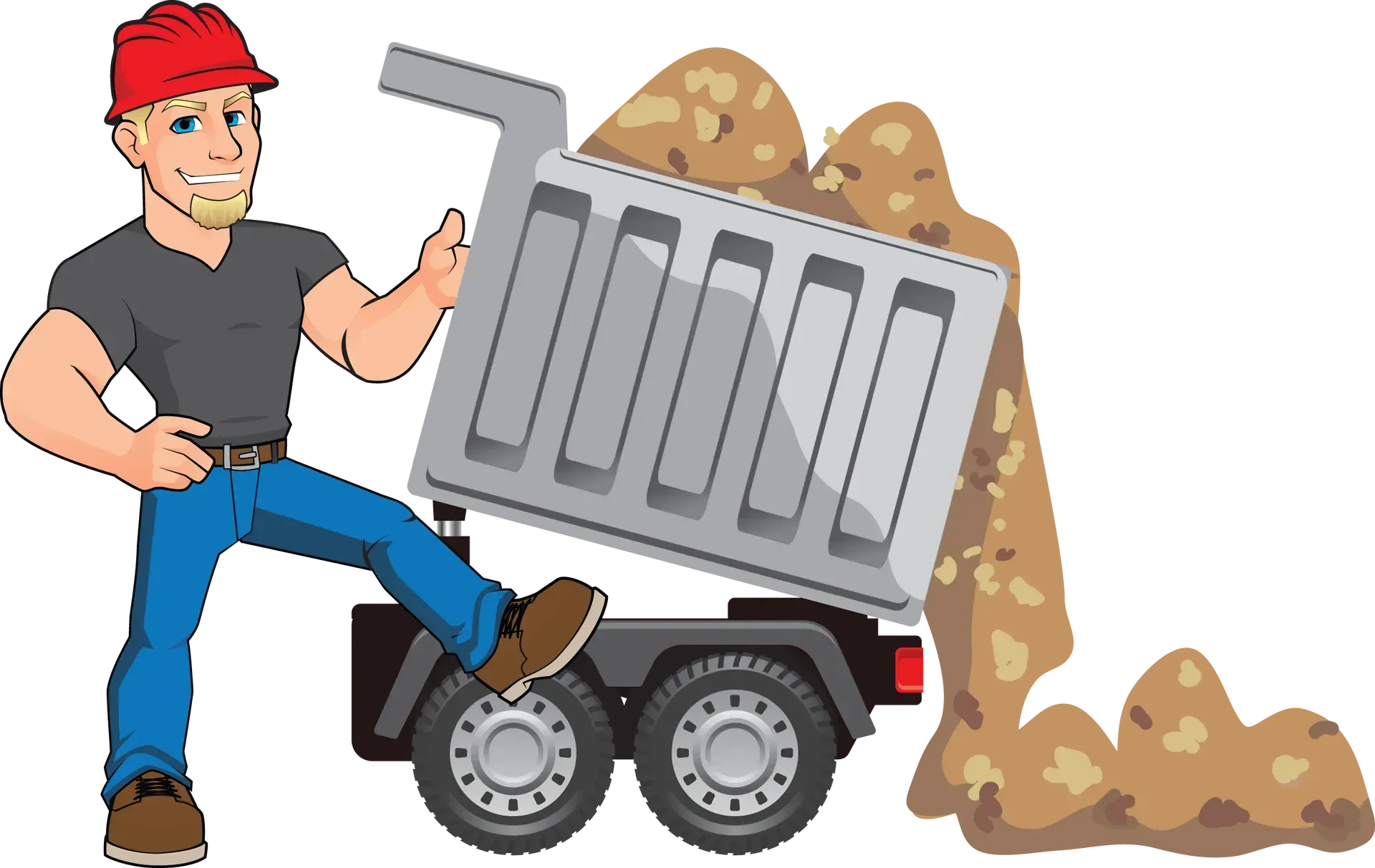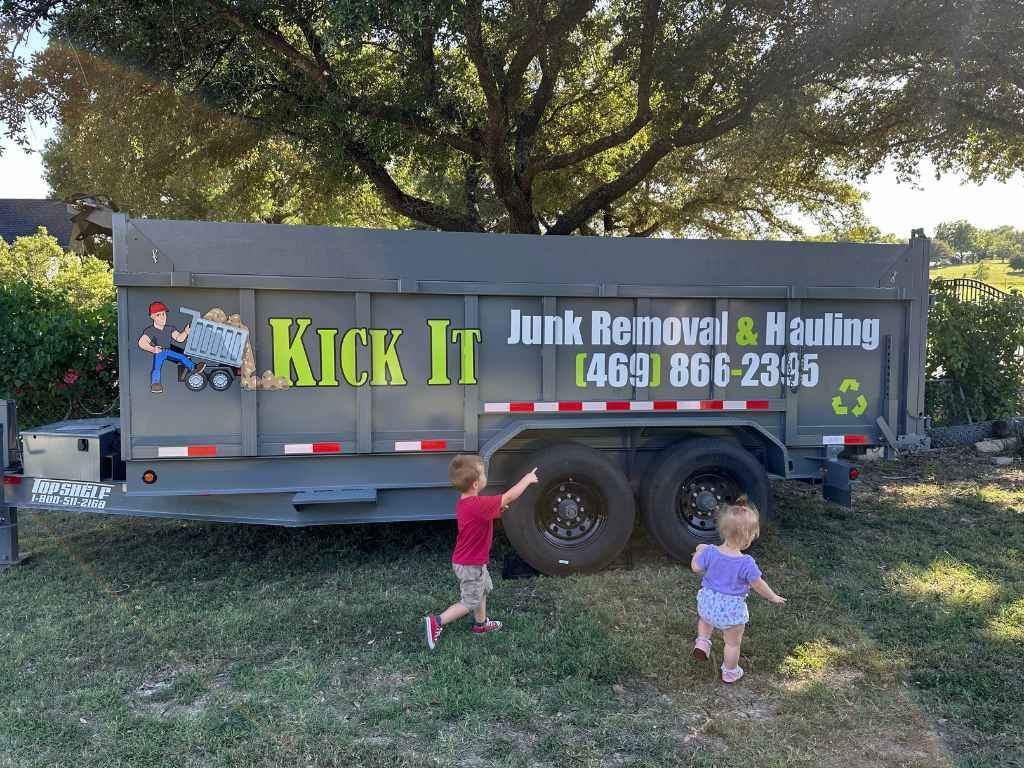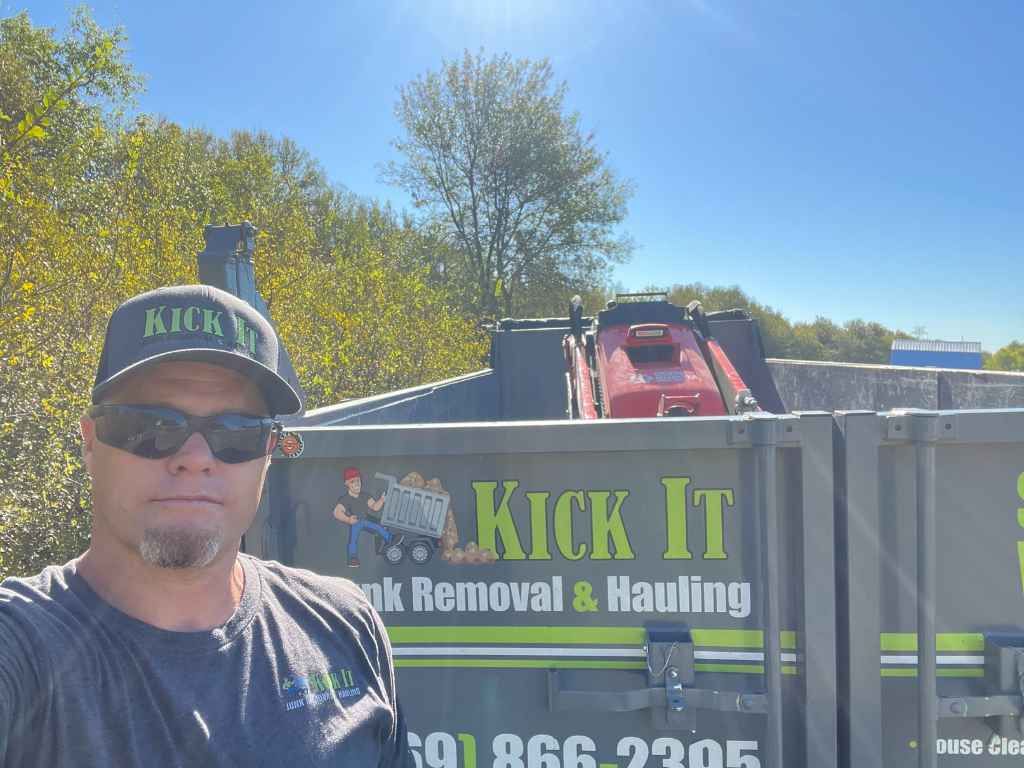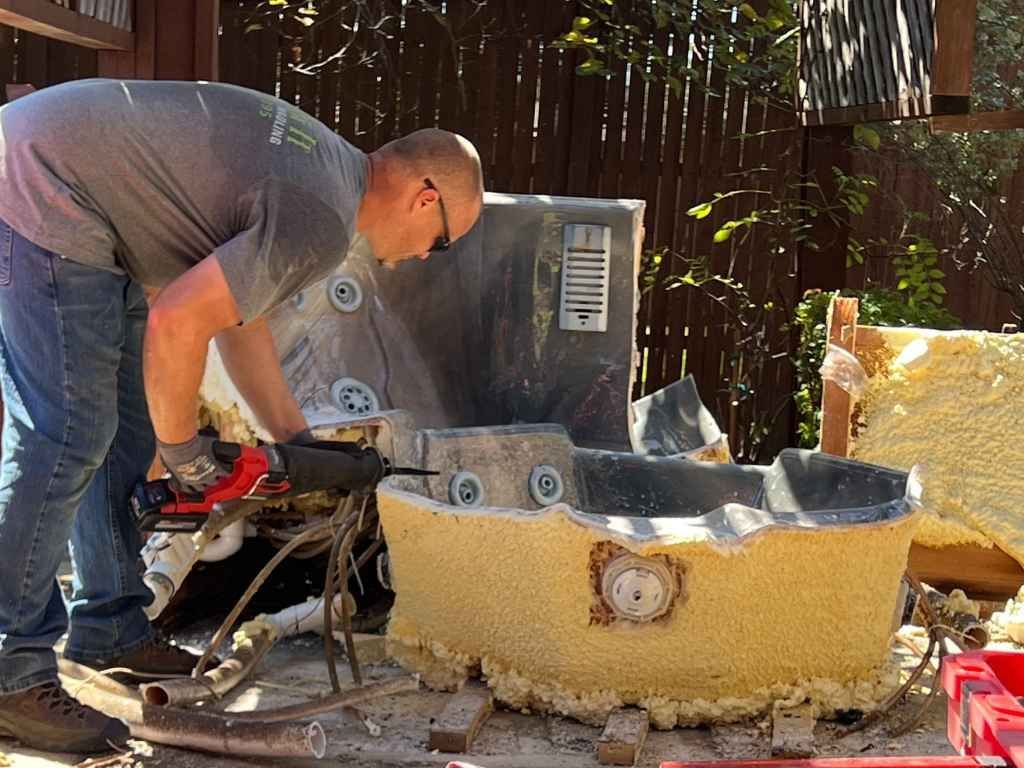The Right Way to Handle Junk Removal in Retail Stores
Running a retail store is a challenge in itself. From inventory management to customer satisfaction, everything needs to be in perfect order. One often-overlooked but crucial aspect of managing a retail space is how to handle junk removal. Retail environments are prone to accumulating waste – whether it’s old packaging materials, outdated fixtures, broken furniture, or other types of refuse. Proper junk removal practices are essential, not only for maintaining cleanliness but also for supporting the overall efficiency and image of your store. But how do you go about handling junk removal in a retail setting? Let’s break it down step by step.
Understanding the Importance of Junk Removal
Before diving into how to tackle junk removal, it’s essential to understand why it matters. Junk removal might seem like a trivial task at first glance, but in retail, it can impact several key areas of business. From attracting customers to creating a safe working environment for employees, the benefits of effective junk management are far-reaching.
A cluttered store can turn away potential customers. First impressions are often lasting, and if a store appears messy or disorganized, customers are more likely to look elsewhere. Similarly, excess junk in a retail environment can pose safety hazards, leading to accidents or injuries.
Think about the impact on your staff. Junk can make navigation difficult, hinder proper inventory organization, and decrease productivity. By efficiently managing waste removal, you're improving the functionality and atmosphere of your store, which translates to higher customer satisfaction and better employee morale.
Moreover, effective junk removal plays a role in compliance with local regulations and waste disposal laws. Retailers must ensure that they are adhering to environmental guidelines by disposing of materials in the appropriate manner. Improper disposal can result in fines, which is another reason to establish a junk removal protocol early on.
Packaging Materials
Packaging materials are some of the most frequent forms of waste in retail. Whether it’s bubble wrap,
cardboard boxes, plastic, or packing peanuts, these materials accumulate quickly after each delivery. Keeping them contained and ensuring they are disposed of properly is critical to maintaining an organized space.
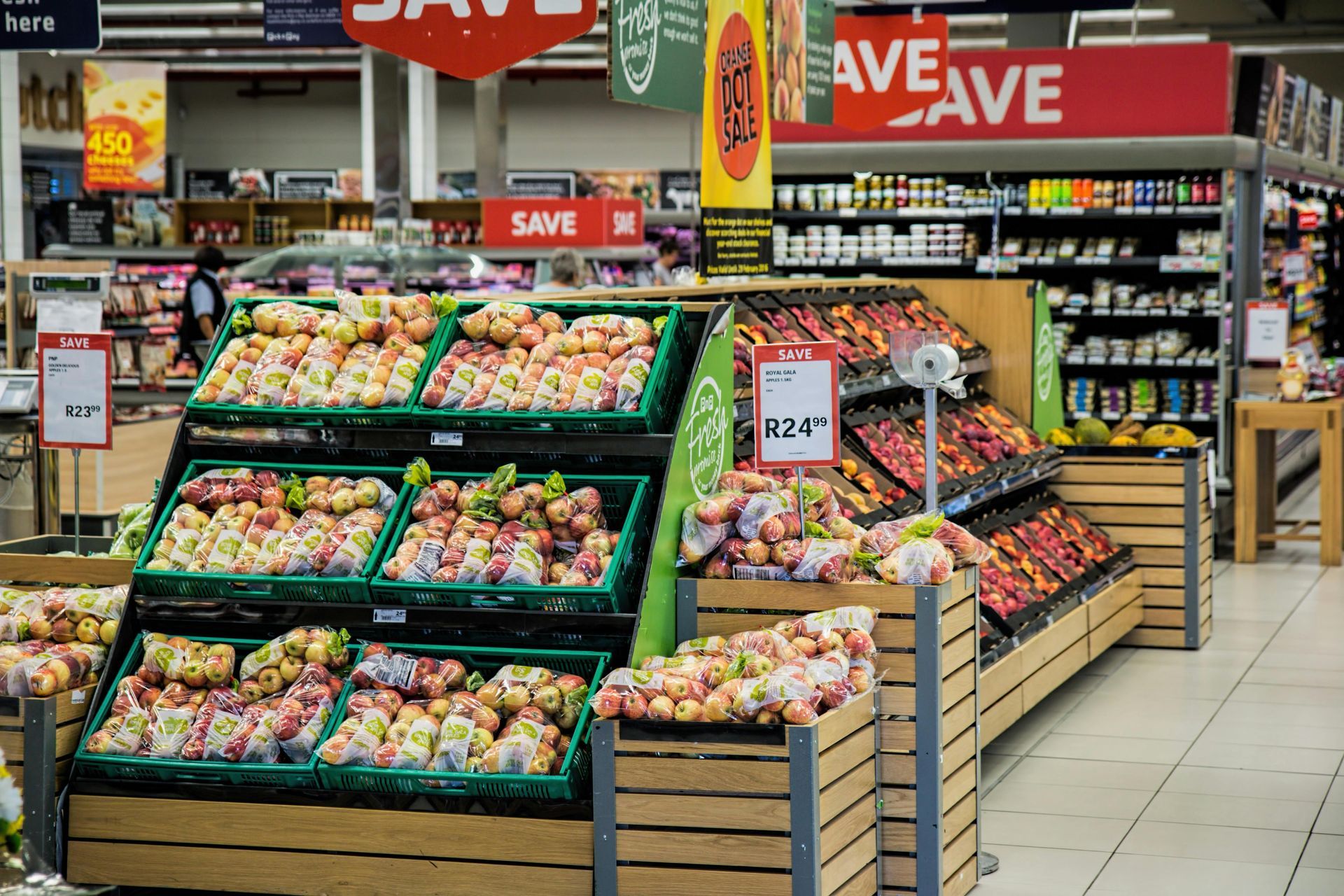
Outdated Merchandise
Retail stores often have products that lose their appeal over time or simply don’t sell. Old or damaged merchandise might be returned to the manufacturer, marked for clearance, or simply discarded. Keeping shelves stocked with only the items that generate sales is a good business practice, and that means you need a plan to remove slow-moving stock.
Broken Fixtures and Furniture
Over time, fixtures like display tables, racks, and lighting can become worn out or damaged. Additionally, old furniture may no longer serve a functional or aesthetic purpose. Deciding what to do with broken or obsolete fixtures can seem like a daunting task, but removing them ensures that your store remains visually appealing and operational.
Paper Waste
Retail stores generate a lot of paper waste, from receipts and price tags to old promotional materials and flyers. Not only is paper waste an environmental concern, but it can also quickly pile up if not handled regularly. Finding ways to reduce paper use or recycle it can save you money and help preserve the environment.
Electronics and Tech Equipment
Many retail environments rely on various types of technology – from point-of-sale systems to security cameras and computers. When this equipment becomes outdated or nonfunctional, it can accumulate quickly. Responsible electronics disposal is crucial, as these items often contain hazardous materials.
General Waste
Beyond the materials mentioned above, you also have the everyday waste that accumulates during daily operations. This includes food wrappers, plastic bottles, cleaning supplies, and miscellaneous garbage. General waste is a regular part of retail, but its removal shouldn’t be overlooked.
Creating a Junk Removal Strategy
So, how do you go about removing all of this junk from your retail space? It begins with creating a junk removal strategy tailored to the unique needs of your store. The more organized and structured your approach, the smoother the process will be. Here are some tips for crafting your junk removal plan:
Develop a Schedule
One of the most effective ways to ensure junk removal doesn’t become overwhelming is by sticking to a schedule. Depending on the size of your store, you may need to set up a weekly or monthly junk removal routine. Keep track of when junk tends to accumulate the most and plan your removals around high-volume periods. This way, you’re less likely to let junk pile up, which could lead to a chaotic environment.
Designate a Junk Removal Point Person
Junk removal should be handled by a team or individual within your retail operation. This person or team will be responsible for overseeing the junk removal process, identifying waste, and coordinating with external services. By designating a point person, you ensure there is clear accountability and that the process is carried out smoothly.
Establish a Categorized System for Waste
Not all waste is the same, and as mentioned earlier, some waste may need special disposal methods. Establish a categorized system for sorting your waste. Some waste, such as recyclables, can be separated from general garbage to ensure it is disposed of properly. For electronics, check with local e-waste disposal programs for guidance on responsible recycling.
Hire Professional Junk Removal Services
Depending on the scale of your junk removal needs, it may be beneficial to bring in professional junk removal services. For large stores or for those dealing with heavy, bulky items, it’s often easier to leave the task to experts who specialize in junk hauling. These professionals will not only remove junk quickly but will also ensure the waste is disposed of in an environmentally friendly way.
Why DIY Junk Removal Can Be Problematic
While DIY junk removal may seem like a cost-effective solution for some retail stores, it comes with its own set of challenges. Attempting to remove large or bulky items on your own can result in damage to your property or injuries to your employees. Additionally, without the proper knowledge of waste disposal regulations, you risk facing fines or penalties for improper disposal.
Moreover, junk removal can be time-consuming. It’s easy for store employees to become bogged down in managing junk removal when their focus should be on providing customer service or managing inventory. Hiring professionals saves time, reduces stress, and allows your team to focus on what they do best.
The Role of Sustainability in Junk Removal
In today’s world, sustainability is more important than ever. Retailers are under increasing pressure to adopt eco-friendly practices in all aspects of their business, including junk removal. By partnering with junk removal services that prioritize recycling, reuse, and responsible disposal, you can reduce your store’s environmental footprint.
Many junk removal services offer recycling and donation programs, allowing you to divert waste from landfills. Items like old furniture, electronics, or even excess inventory can often be recycled or repurposed, ensuring that they don’t contribute to the growing waste problem.
Additionally, creating a green junk removal program can be a selling point for your store. More and more customers are drawn to businesses that care about the environment, so showing your commitment to sustainability can help attract a loyal customer base.
Creating a Clean and Inviting Retail Environment
Ultimately, the goal of junk removal in your retail store is to maintain a clean, safe, and inviting environment. When customers walk into your store, they should be greeted by well-maintained aisles, clear signage, and organized displays. This not only creates a better shopping experience but also reinforces the professionalism and quality of your brand.
Regular junk removal helps you maintain a level of professionalism that reflects positively on your business. A clutter-free space promotes a sense of order, making it easier for customers to navigate and enjoy their shopping experience.
Mastering Junk Removal for Retail Environments
Handling junk removal in retail stores goes beyond simple disposal. It is an essential part of maintaining a functional and appealing space for both employees and customers. By establishing a clear plan for junk management, retailers can keep their stores clean and organized, ensuring that no clutter interferes with the shopping experience. Effective junk removal practices also support environmental responsibility, offering an opportunity to recycle, reuse, or donate unwanted items. A structured process improves workflow, reduces hazards, and enhances customer satisfaction.
Retail junk removal requires a strategic approach that considers the specific needs of each store. For example, packaging waste from shipments, broken fixtures, and outdated merchandise all require unique handling. Sorting waste into categories like recyclable materials, electronic items, and general trash ensures compliance with waste disposal regulations. Retailers should also consider hiring professional junk removal services for larger or specialized tasks. By doing so, businesses can streamline the removal process while focusing on customer service and product quality.
Conclusion
Effectively handling junk removal in a retail store is about more than just getting rid of unwanted items; it’s about creating an environment that supports your business's success. With a proper strategy in place, you can ensure that your store remains organized, safe, and inviting, providing both customers and employees with a pleasant space to interact. And when it’s time to remove junk from your store, you can trust professionals who specialize in efficient and sustainable waste management practices.
If you're in need of professional junk removal services in the Forney, Texas area, consider contacting Kick It Junk Removal & Hauling. You can reach us at 469-866-2395 or via email at Paul@kickitservices.com. We are dedicated to providing reliable and environmentally responsible junk removal services, ensuring that your retail store stays clean, organized, and ready for business. Visit us at 14339 Stanley Lane, Forney, Texas 75126, United States for all your junk removal needs.
